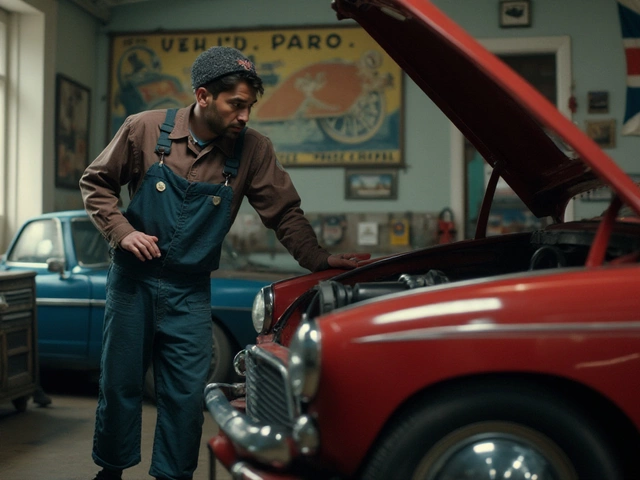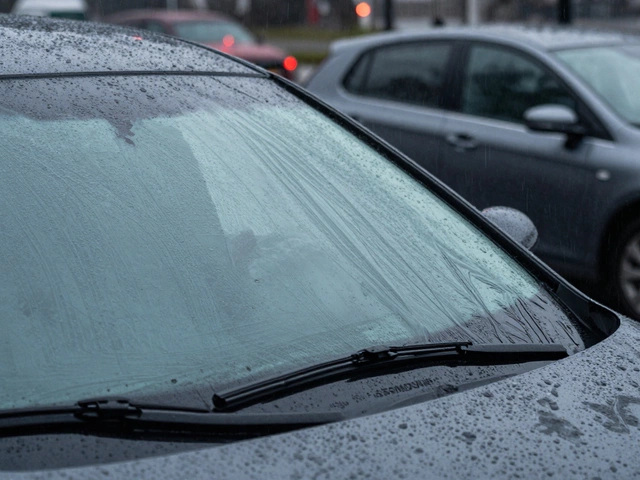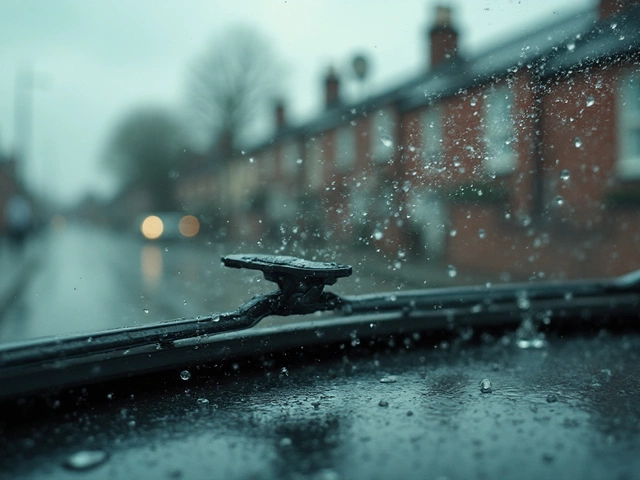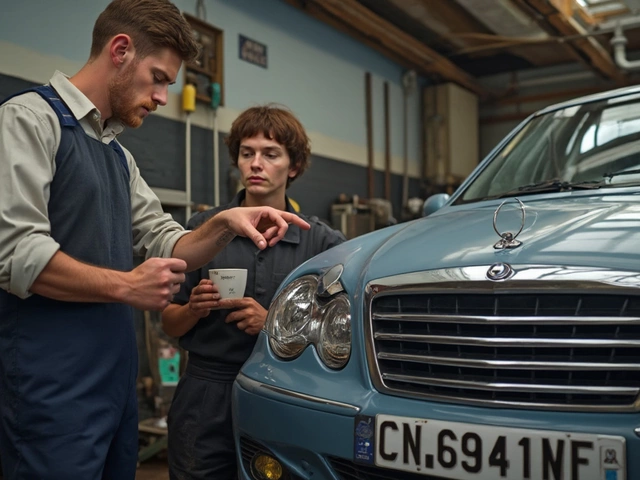Clutch Noise: What It Means and How to Fix It
If your car suddenly starts talking through the clutch, you’re probably not a fan of the new soundtrack. A whine, squeal, or grind is a clear sign something’s off, and ignoring it can turn a simple repair into a big bill.
Common Clutch Noises and What They Mean
First, figure out the type of noise. A high‑pitched squeal when you press the pedal often points to a worn release bearing. A low‑groan or grinding sound during gear changes usually means the clutch disc or pressure plate is wearing out. Rattling when you’re in neutral can be a loose pilot bearing or misaligned components.
What to Do When Your Clutch Starts Speaking
Start with a quick visual check. Look under the car for any fluid leaks around the clutch housing – oil can soak the friction material and cause slipping or noise. Push the clutch pedal a few times while the engine is off; if it feels spongy or sticks, the hydraulic system may need bleeding.
If the noise only appears when you press the pedal, the release (or throw‑out) bearing is the usual suspect. It’s a small, inexpensive part, but it sits right where the clutch engages, so a failing bearing will whine with each press. Replacing it usually requires removing the transmission, which is why many drivers call a shop.
When the noise happens during gear shifts, the clutch disc may be slipping or the pressure plate springs are weakening. You’ll feel a slight slip in power and hear a dull thud. This scenario often means you’re close to a full clutch failure, and delaying repair can damage the flywheel.
A rattling sound while idling or in neutral often hints at a loose pilot bearing or a misaligned input shaft. These parts keep the clutch centered on the flywheel. If they move, you get a clunk each time you shift. Tightening bolts or replacing the bearing can stop the clatter.
Don’t forget about your clutch cable or hydraulic line. A frayed cable or leaking hose can cause the pedal to move unevenly, creating a knocking noise. Checking the fluid level in the clutch master cylinder and topping it up with fresh DOT 4 fluid can sometimes clear up the issue.
When in doubt, give your clutch a test drive. Shift through each gear slowly, listening for changes in the noise. Note whether it gets louder when you accelerate, decelerate, or simply press the pedal. This info helps a mechanic pinpoint the problem faster.
If you’re not comfortable crawling under the car, bring it to Northwich Tyres Centre. Their technicians can pull the transmission, inspect the clutch set, and give you a clear quote. They’ll also check your flywheel for hot spots that could cause future noise.
Cost can vary: a release bearing replacement might run £80‑£150, while a full clutch kit (disc, pressure plate, release bearing) often sits between £300‑£600 plus labour. Ask for a breakdown, and see if you can order parts yourself to save a bit.
Bottom line: any new clutch noise deserves prompt attention. A quick DIY check can tell you if it’s a simple fluid fix or a sign you need a professional repair. Acting early keeps your car smooth and your wallet happier.
 5 June 2025
5 June 2025
Bad Clutch Sounds: What to Listen for Before It's Too Late
Spotting a bad clutch by its sound can save you from bigger headaches down the road. In this article, you’ll find out what noises signal clutch trouble and why these sounds happen in the first place. You’ll learn the difference between normal clutch noises and the warning signs of serious problems. Get real-world tips on how to catch issues early and what to do next if you hear these sounds. Listening to your clutch now could mean less money spent later.
Latest Posts
-

Signs Your Car's Fuel Pump Is Failing: What to Watch Out For
-

What Is a Good Price for Windshield Wipers? Real Costs for 2025
-

Windscreen Wiper Basics: What Every Driver Should Know
-

How Do I Know If I Need a New Clutch Kit? Signs, Tips, and What to Do Next
-

Can a Fuel Pump Be Bad and Still Work? Signs You're Driving on a Dying Pump
Tags
- car maintenance
- engine oil
- spark plugs
- brake pads
- engine performance
- vehicle maintenance
- spark plug replacement
- windshield wipers
- fuel pump
- suspension parts
- clutch replacement
- oil change
- clutch kit
- car suspension
- car performance
- air filters
- car radiator
- exhaust systems
- fuel pump replacement
- engine misfire

0